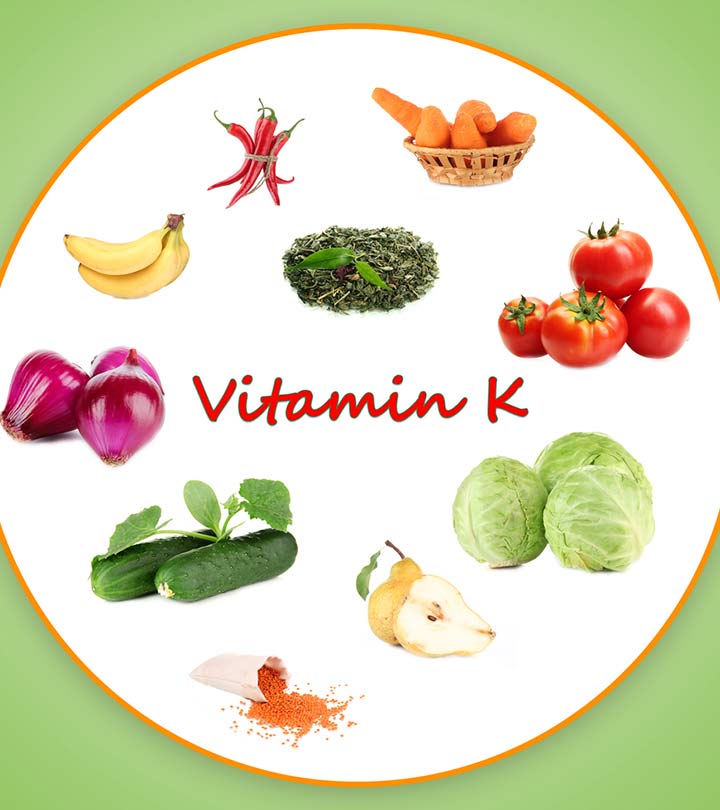- Empty cart.
- Continue Shopping
The Importance of Vitamin K for Blood Clotting

Vitamin K is often overshadowed by its more famous counterparts like Vitamin C and Vitamin D. However, it plays a crucial role in various bodily functions, one of the most vital being blood clotting. Understanding the significance of Vitamin K can help you make informed choices about your diet and overall health.
The Role of Vitamin K in Blood Clotting
Vitamin K is indispensable when it comes to the process of blood clotting. It acts as a co-factor for enzymes that are responsible for initiating the clotting process. When you get a cut or an injury, it’s Vitamin K that helps your blood to coagulate, preventing excessive bleeding. Without sufficient levels of Vitamin K, even a minor injury could lead to severe blood loss.
The vitamin works by aiding the conversion of certain proteins into their active forms, which are essential for blood clotting. These proteins, known as clotting factors, are produced in the liver and are vital for the coagulation cascade—a series of events that result in the formation of a blood clot. Vitamin K ensures that these clotting factors are in their active state, ready to spring into action when needed.
Sources of Vitamin K
When it comes to sourcing Vitamin K, you have various options. It is primarily found in green leafy vegetables like spinach, kale, and broccoli. These vegetables are not only rich in Vitamin K but also offer a host of other nutrients. For those who prefer animal-based foods, fish and meat, particularly liver, are good sources. Dairy products like cheese also contain moderate amounts of Vitamin K.
Additionally, Vitamin K is available in supplement form. However, it’s always advisable to consult a healthcare provider before starting any supplement regimen. This is especially important for those who are taking medications that affect blood clotting, as an imbalance in Vitamin K levels can have serious consequences.
Vitamin K Deficiency: Risks and Symptoms
A deficiency in Vitamin K can lead to a range of health issues, the most immediate being problems with blood clotting. Symptoms may include easy bruising, frequent nosebleeds, and excessive bleeding from wounds. In severe cases, a deficiency can lead to hemorrhagic diseases, where uncontrolled bleeding becomes a significant concern.
Apart from clotting issues, a lack of Vitamin K can also affect bone health. The vitamin is essential for the regulation of calcium within the bones and bloodstream. A deficiency can lead to weakened bones and an increased risk of fractures. Therefore, maintaining adequate levels of Vitamin K is crucial for both blood clotting and bone health.
Too Much of a Good Thing: Vitamin K Overdose
While Vitamin K is essential for health, excessive amounts can also pose risks. An overdose of Vitamin K can lead to a condition known as thrombosis, where blood clots form inappropriately within the blood vessels. This can lead to severe complications like stroke or heart attack.
However, it’s worth noting that Vitamin K overdose is relatively rare and usually occurs due to excessive supplementation. Most people get sufficient amounts of the vitamin through a balanced diet, and the body is generally good at regulating its Vitamin K levels. Still, it’s essential to be cautious and consult a healthcare provider if you’re considering taking Vitamin K supplements.
In conclusion, Vitamin K is a critical nutrient that plays a vital role in blood clotting. While it may not get as much attention as other vitamins, its importance cannot be overstated. From helping to prevent excessive bleeding to ensuring proper bone health, Vitamin K is a multitasker that you can’t afford to ignore.
Ensuring you get enough Vitamin K through your diet or supplements can make a significant difference in your overall health. Whether you’re eating more leafy greens or considering a supplement, remember that a balanced approach is key. Always consult a healthcare provider for personalized advice, especially if you have existing health conditions or are taking medications that affect blood clotting.
By understanding the importance of Vitamin K and taking steps to maintain adequate levels, you can contribute to your well-being in a meaningful way.








